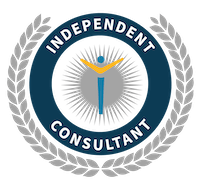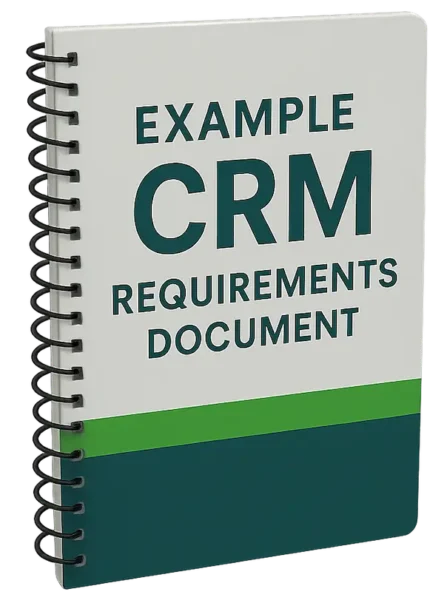Traditionally, the RFP (Request for Proposal) process has served to help software buyers at companies understand significant feature/functionality differences between multiple vendor solutions so that a large group of potential vendors can be whittled down to a shortlist.
An RFP can also represent an initial round of vendor scoring. RFPs have even been used to disqualify vendors early on.

Despite the perceived benefits of the RFP process, there are several reasons not to go to all the effort of creating a CRM RFP. There are also better alternatives to the traditional CRM RFP process.
1. The CRM Vendor Short List is Already Available
Because CRM is a mature industry, there is a well-defined group of CRM vendors that most companies should consider for their shortlist.
2. Feature Parity
Most of the major Customer Relationship Management systems on the market have similar features. There are more nuanced differences among vendor solutions that may not be uncovered in a CRM RFP “line of questioning.”
3. RFPs Are Too High Level
RFPs often become a long list of generally worded “must have,” “should have,” and “nice to have” feature requirements.
For example, an RFP may include questions like “Does your system support mobile device access?”
A detailed CRM requirements exercise may reveal that mobile users only have a few high-priority use cases to handle on a mobile device.
4. There Are Much Better Uses of Time and Money
Developing an RFP can be an expensive and time-consuming exercise. Reviewing the responses can take even longer. We’ve heard of companies with over thirty respondents to their CRM RFPs.
Why not allocate the time and money to documenting detailed business requirements and getting started on a functional specification?
In this podcast episode, Sam Biardo and I poke a little fun at CRM RFP questions.
5. A CRM RFP Does Not Help Define a Services Budget
An RFP generally provides vendors with very high-level requirements, which, in turn, means that the vendors can only provide a high-level estimate for software and services.
A more refined estimate can only be provided after a detailed requirements exercise.
6. The Most Qualified Vendor(s) May Decline to Participate
Responding to an RFP can be an onerous process for a vendor. If there are other opportunities that a vendor’s sales team finds easier to pursue, they may no-bid an RFP — when they may have been the most qualified vendor for the project.
7. RFP Responses May Not Resolve Differences of Opinion
One of the goals of an RFP may be to create consensus among departments with different preconceived notions of the best CRM solution. However, RFP responses may do little to resolve a lack of consensus.
8. RFPs Can Delay the Buying Process
Soliciting and reviewing requests for proposals can be a slow process.
If the RFP is removed as a step in the buying process, the overall process often moves along faster.
While defining detailed CRM requirements will likely take longer than formulating an RFP, the former will have the ironic effect of “slowing down the process to speed it up.”
Here is some customer feedback from people at companies that decided to forego the RFP process and instead go with our structured CRM selection process.



